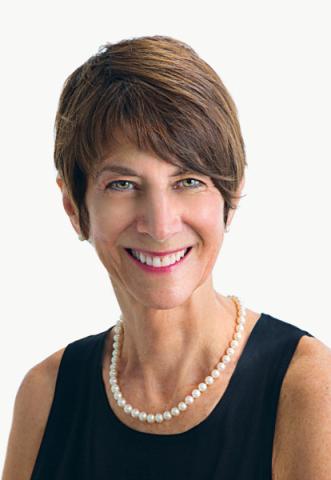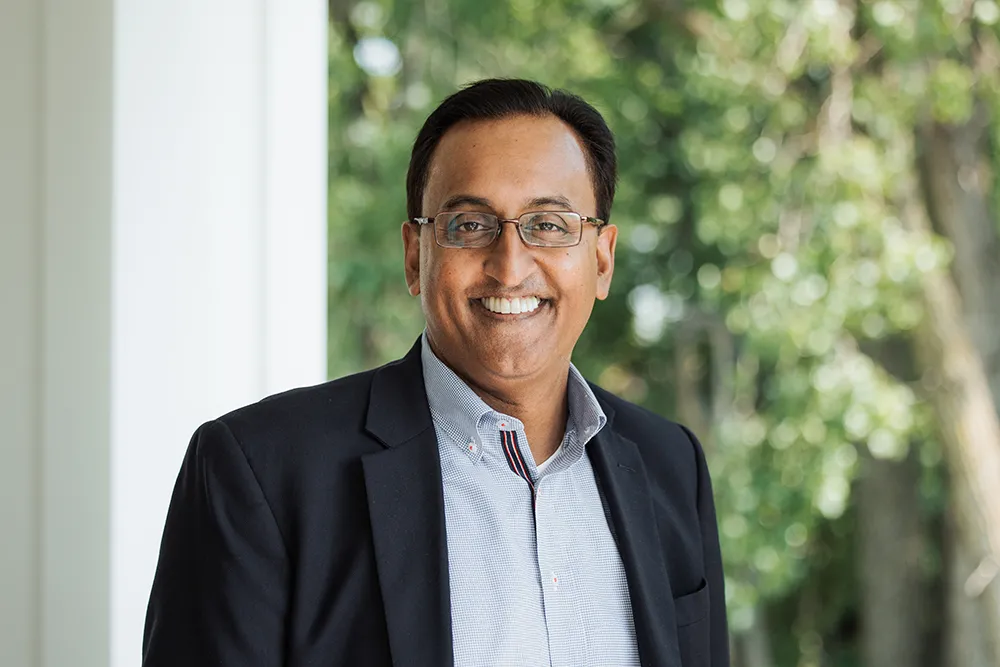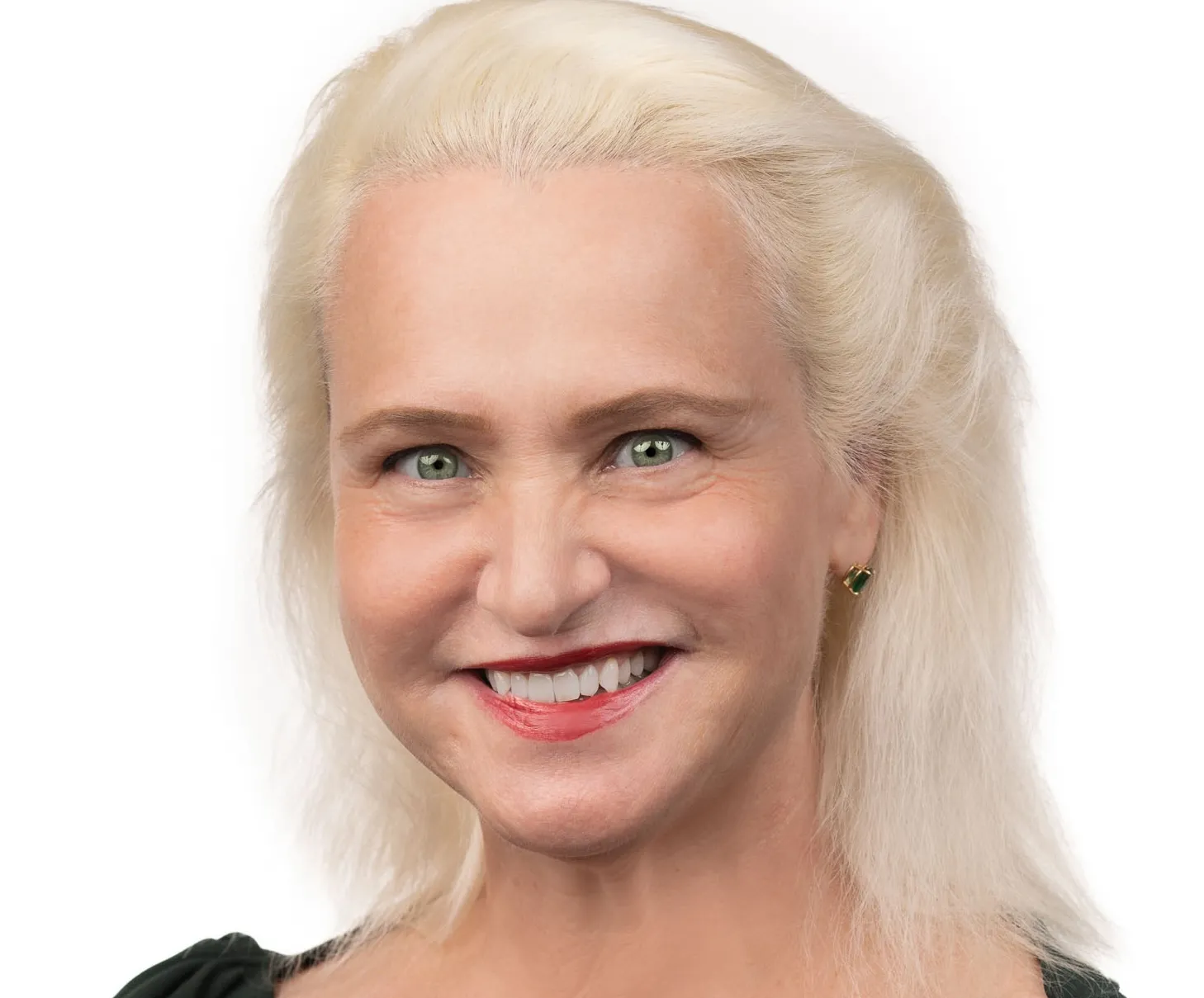Lucy Reed, ’77: A Global Arbitration Career Built on a UChicago Law Foundation
Lucy Reed, ’77, has represented private and public clients in more than 100 complex commercial and investment treaty arbitrations; played leading roles in arbitrations and negotiations involving Iran, North Korea, and frozen assets of Holocaust victims; helped build the arbitration practice of one of the world’s most prestigious international law firms; and led many of the most prominent international law professional organizations.
Her career direction took her by surprise. Clerking after graduation for US District Court Judge Barrington Parker, ’47, she became engaged with a lengthy trial related to the assassination in Washington, DC, of former Chilean Ambassador Orlando Letelier by agents of Pinochet’s secret police. “Treaty law, extradition law, international discovery, comparative law—everything associated with that case fascinated me,” she said. “I had left the Law School intending to do civil rights litigation, and I hadn’t taken any international law classes, but I had that solid UChicago grounding in legal thinking that allowed me to take advantage of the opportunity when it came up.”
After her clerkship she took a job with DC firm Wald Harkrader & Ross, and then came a turning point. In the wake of the 1979 Islamic Revolution, arbitration cases for the new Iran-US Claims Tribunal flooded into the firm. “I was in the right place at the right time,” she recalled. Later, joining the State Department Legal Adviser’s Office in 1985, she was named the US Agent to the Tribunal, in The Hague.
In 1995, she was tapped as the first general counsel of the Korean Peninsula Energy Development Organization, an international organization set up to deal with issues arising from North Korea’s nuclear program. This took her to North Korea many times to lead negotiations.
In 1998, she joined the international law firm Freshfields in New York, at which she remained for 18 years, eventually leading the global international arbitration and public international law groups and working in Hong Kong and Singapore. “I’m proud of what we built at Freshfields,” she said. “From starting with an intern in the corner, I saw our US arbitration team become first-ranked.”
During her time at Freshfields, Reed also served as codirector of a claims tribunal set up in Zurich to return frozen Swiss bank accounts to victims of Nazi persecution and their heirs, and she served as an arbitrator resolving claims arising from armed hostilities between Eritrea and Ethiopia.
In 2016, she stayed on in Singapore as director of the Centre for International Law and a professor at the National University of Singapore. She returned to New York in 2020 and is currently an independent arbitrator with Arbitration Chambers, also serving as president of the International Council for Commercial Arbitration and the Singapore International Arbitration Centre Court. Her further service to her profession includes roles as president of the American Society of International Law and chair of the Institute for Transnational Arbitration, and more than 25 significant publications.
She has supported the Law School in many ways, including as a member of the Law School Council and an Annual Fund cochair. “At many points in my career I felt like I was in way over my head, but I always had my Chicago legal training to rely on,” she said. “The number of times I have given thanks for Bernie Meltzer or Gerhard Casper or some other extraordinary professor cannot be counted. I’ve had a lot of good fortune, and underneath that is the foundation that the Law School created.”



